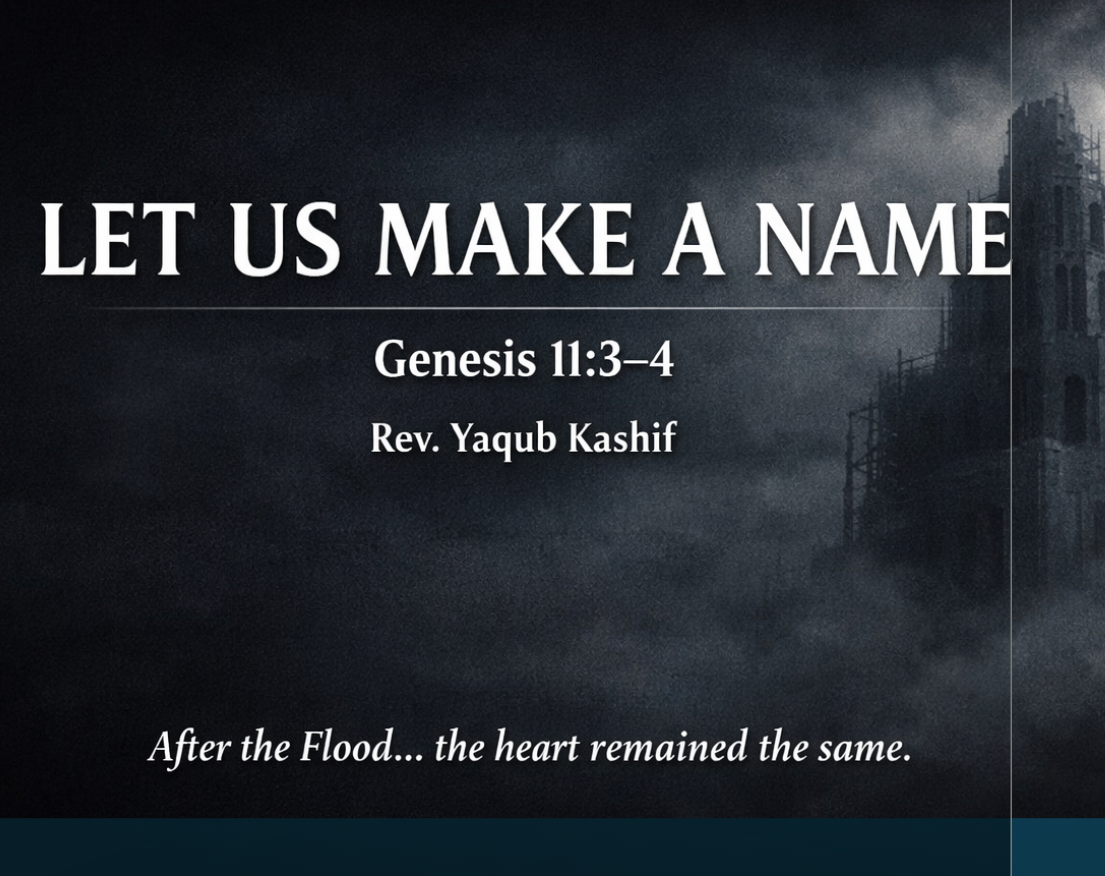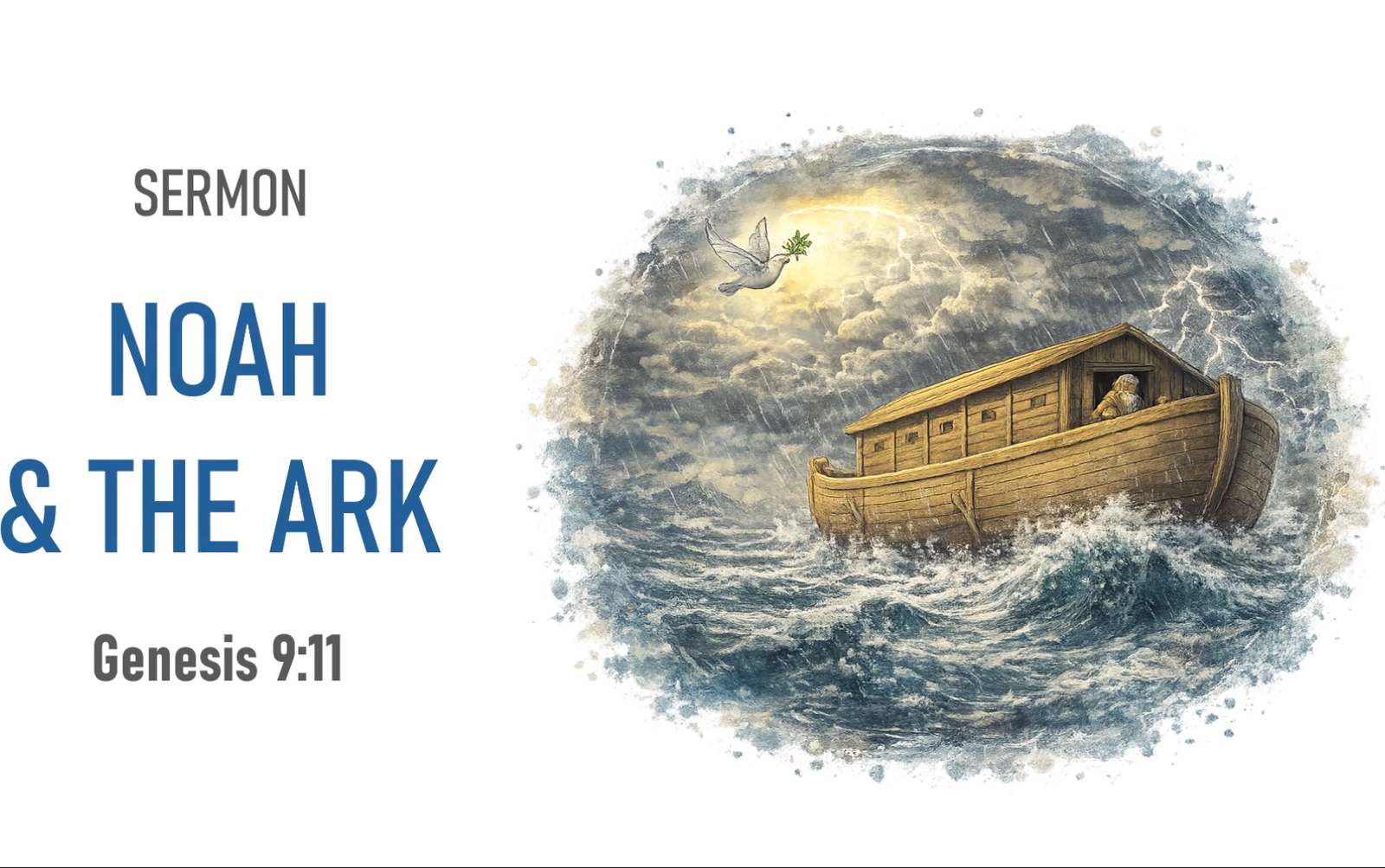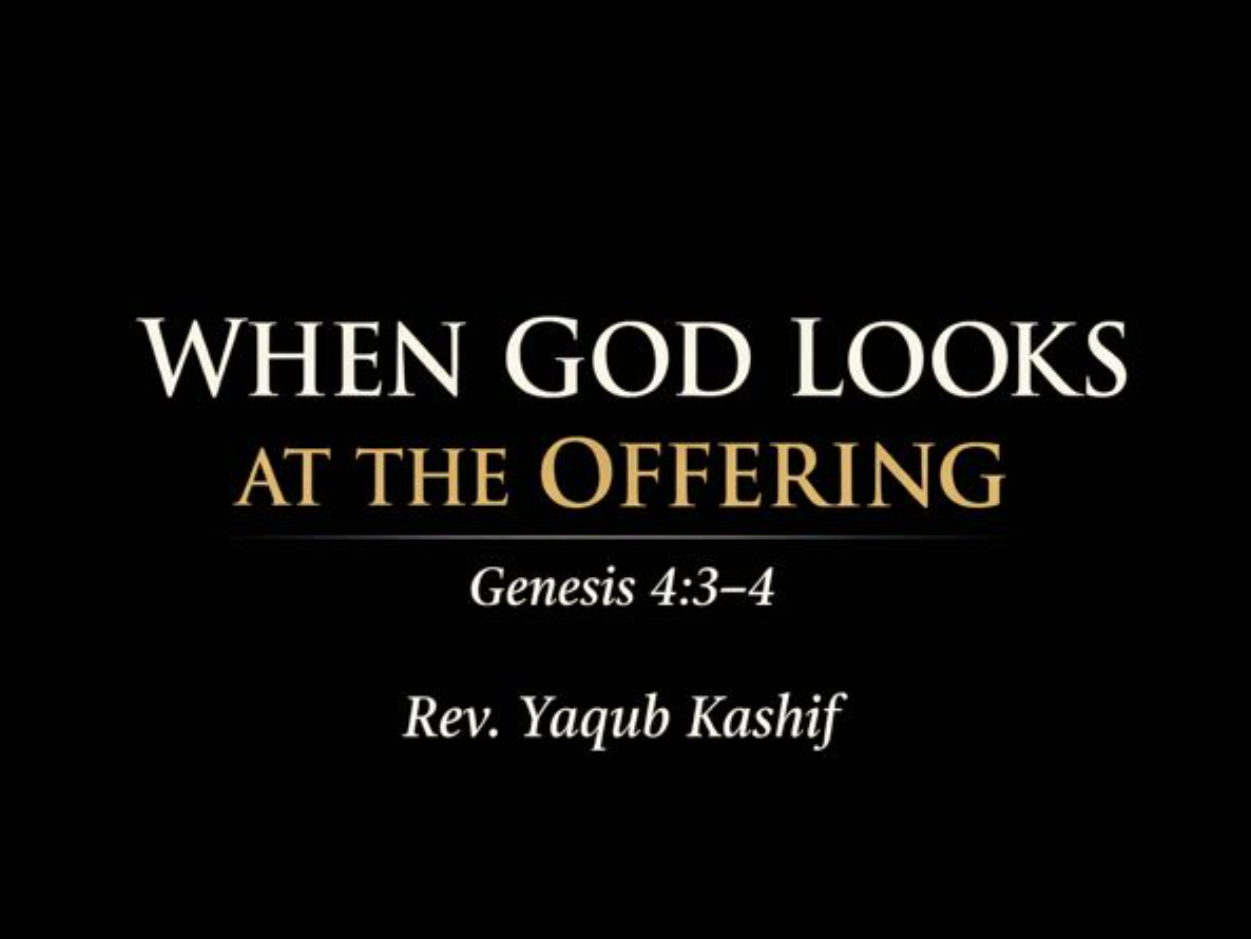When Stress Becomes Too Much: A Word for Working Parents.
Working parents often live under constant pressure. Responsibilities do not pause, expectations remain high, and rest feels scarce. F or families living abroad, this pressure is intensified by unfamiliar systems,…







